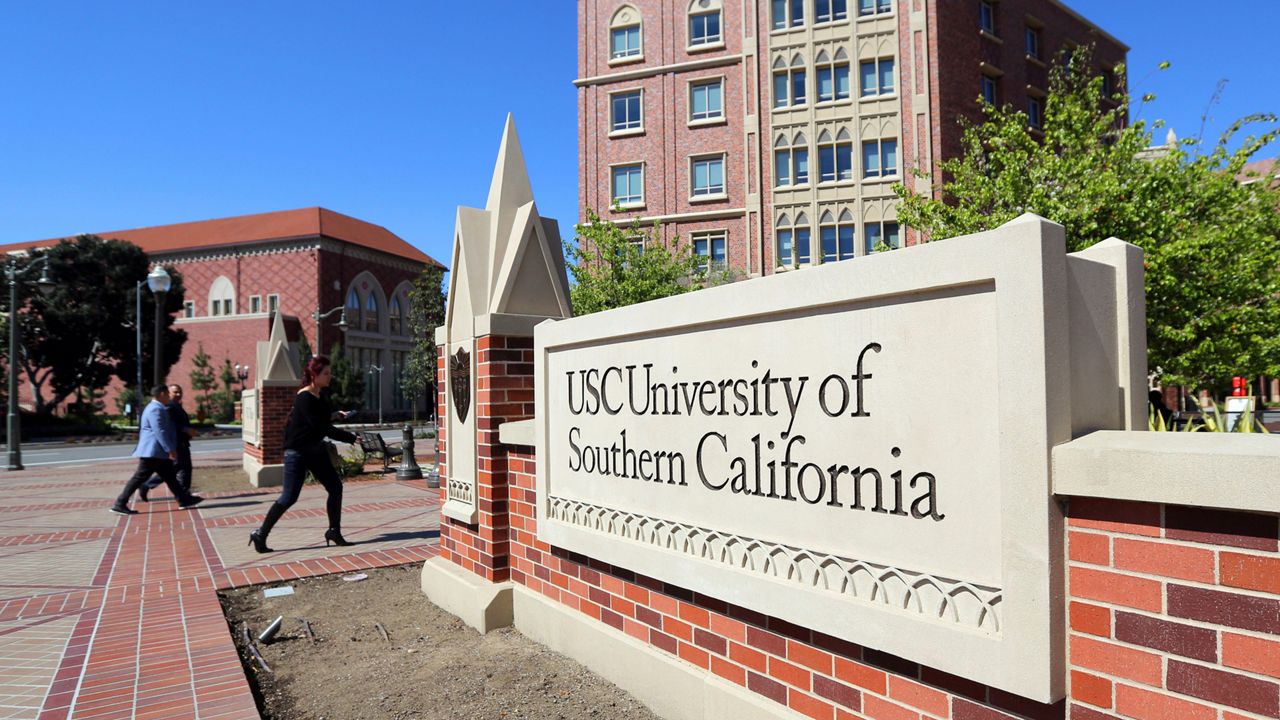LOS ANGELES — As college students prepare to return to California campuses this fall semester, many of them have had to do something new. In addition to providing immunization records for meningitis and measles, they need to provide proof they have received a COVID-19 vaccination.
“Getting vaccinated is now more important than ever,” according to the dedicated COVID-19 website run by the University of California, Los Angeles. The last day a UCLA student or employee who tested positive for COVID-19 was on campus was Aug. 5, according to the site, which has tallied 2,837 confirmed cases since the pandemic began.
With the delta variant driving up coronavirus infections and hospitalizations throughout the country just as students are poised to return to school, and with COVID vaccination rates remaining stubbornly below the necessary threshold for herd immunity, at least 39 major colleges and universities in California are requiring vaccination proof to be on campus. More than 2.7 million students attend college in California, according to the National Center for Education Statistics.
While a school’s decision to require COVID vaccinations is up to individual institutions, all 10 campuses in the University of California system, 18 campuses in the California State University system, the California Institute of Technology and the University of Southern California are all requiring vaccinations. Some schools are also requiring weekly COVID tests, regardless of a student’s vaccination status, including UCLA, which is making self-administered saliva-based test kits available at more than a dozen COVID-19 test vending machines and distribution centers.
Each school has its own verification system, but most are requesting that students upload a photo of the COVID-19 Vaccination Record Card issued by the U.S. Centers for Disease Control and Prevention through an electronic health portal. Other accepted documents include the non-U.S. equivalent of a CDC vaccination card issued by another country, official documentation issued by a state vaccine registry or an official medical record.
For many students, the deadline to submit vaccination proof, or to cite a religious or medical exception, has already passed. At USC, the deadline to receive a complete vaccination or to upload a form that stated a student’s declination needed to be submitted by June 1.
Like many schools, once the U.S. Food and Drug Administration grants full approval to at least one of the COVID-19 vaccines — a decision that is expected within weeks — USC will no longer accept personal declinations, according to the school's dedicated coronavirus website. The school will require proof of COVID vaccination for all students, faculty and staff participating in any in-person USC activity or coming to a USC campus or facility.
At Occidental College, in Eagle Rock, 97% of students and faculty have been vaccinated, according to school spokesman Jim Tranquada. He expects the rate to increase over the next few weeks in the lead-up to the first day of classes on Aug. 30, “as there are some folks who have yet to get their second dose,” he said.
But many other schools, including the Los Angeles Community College District, say it is too early to report vaccination compliance.
As of Aug. 10, 63.7% of eligible Californians have been fully vaccinated against COVID, according to the official state government website. Among Californians age 18 to 49, 60% have been fully vaccinated and 9.5% are partially vaccinated. Nationally, 58.7% of the eligible population is fully vaccinated, according to the CDC.
In a setting where students are arriving from all over the country, as well as internationally, fake vaccination records have yet to be an issue. Occidental College has not found any evidence of fake documentation, Tranquada said. A spokesperson for the University of California declined to comment, demurring to the Department of Public Health.
A spokesperson for the LA County Department of Public Health said it is aware that fake vaccination cards exist but has not seen an increase in their use.



